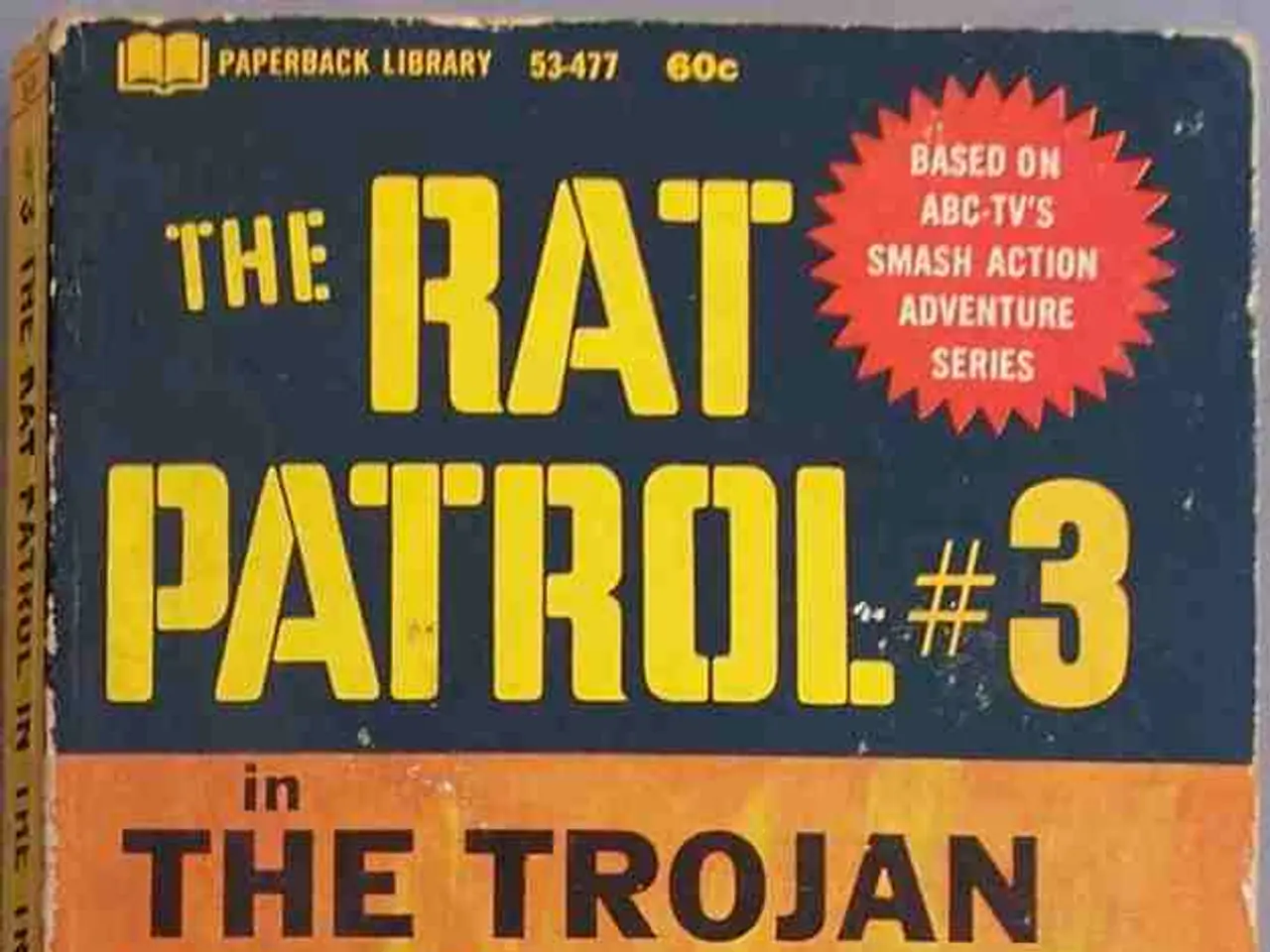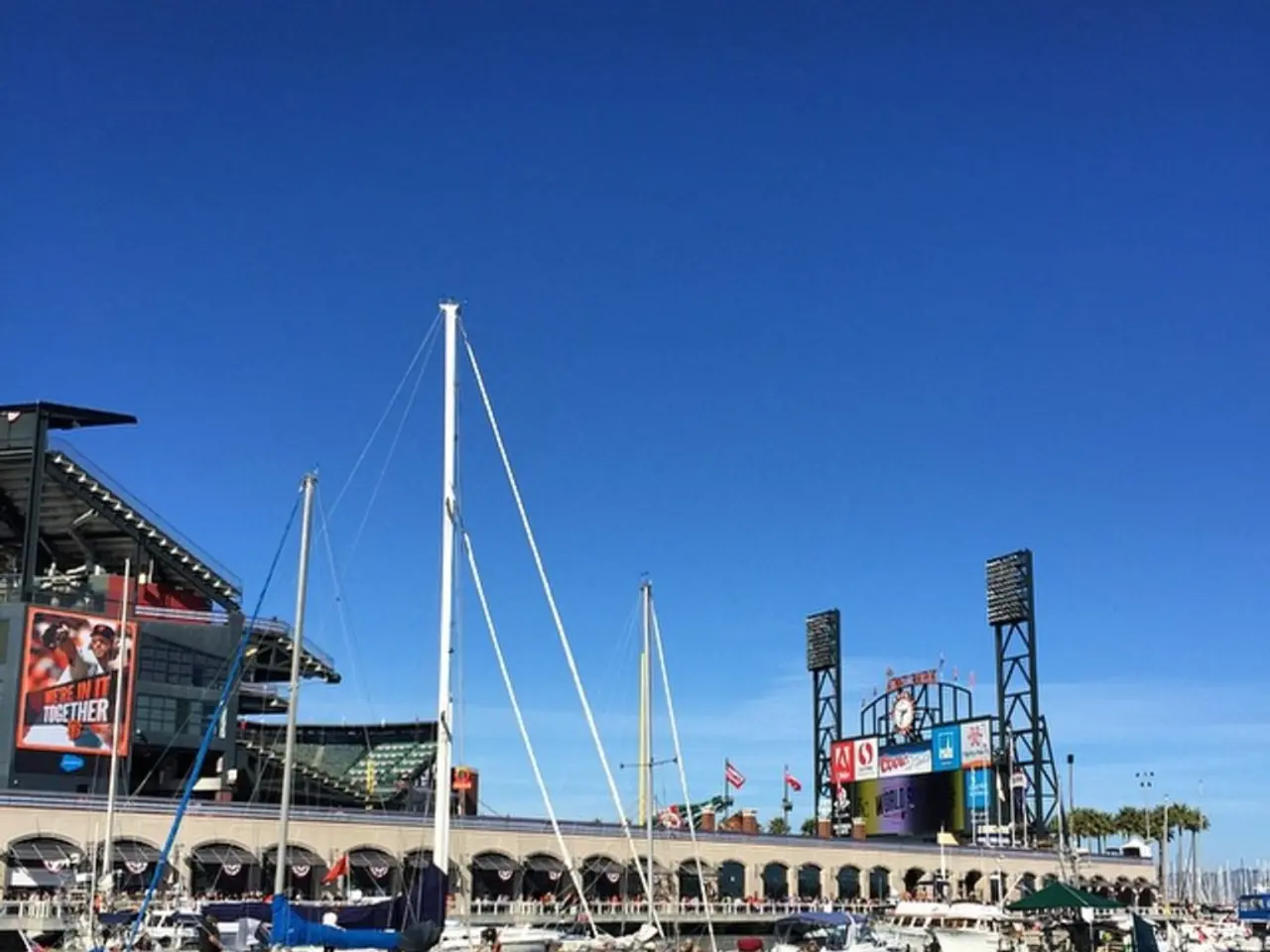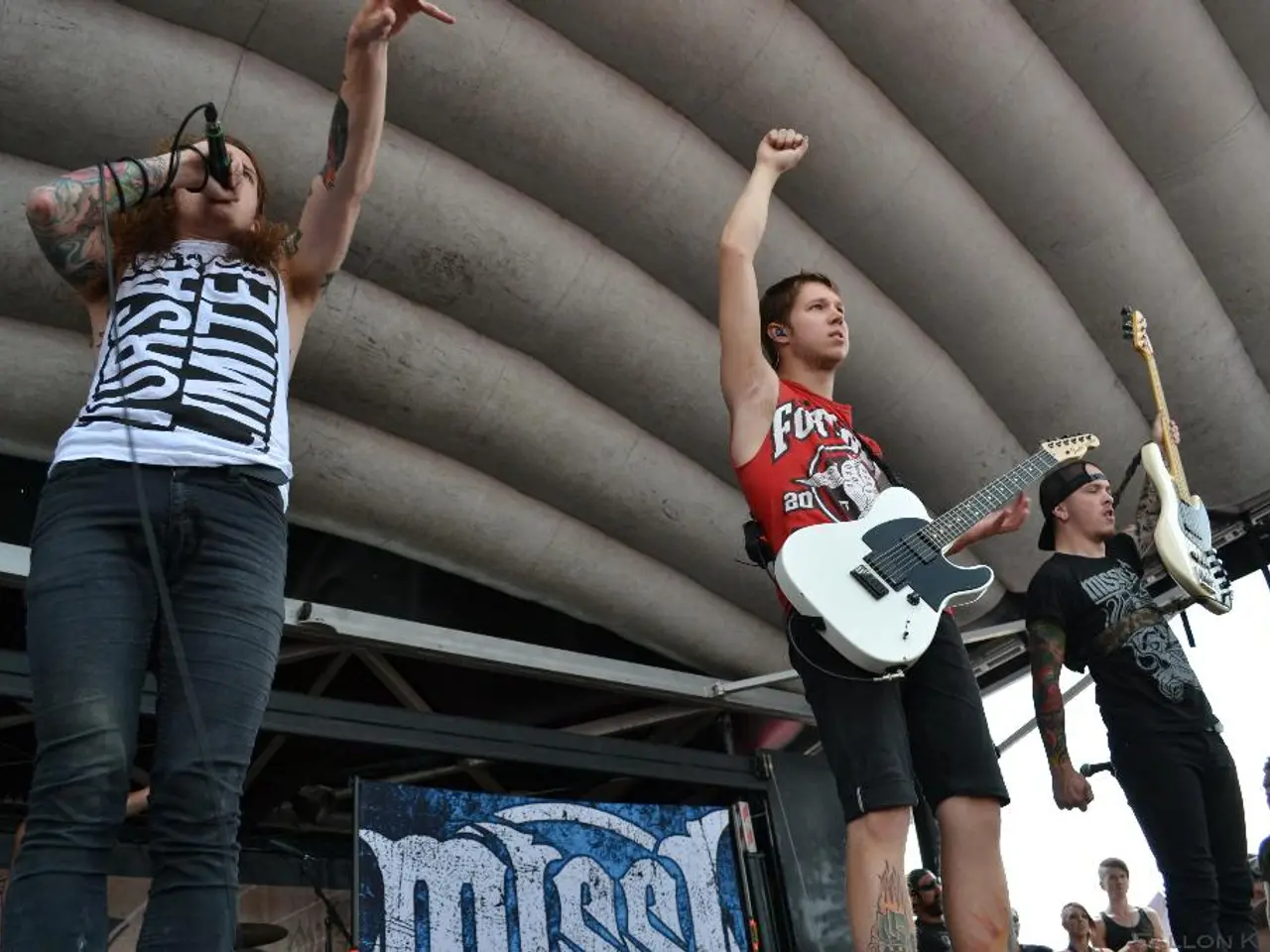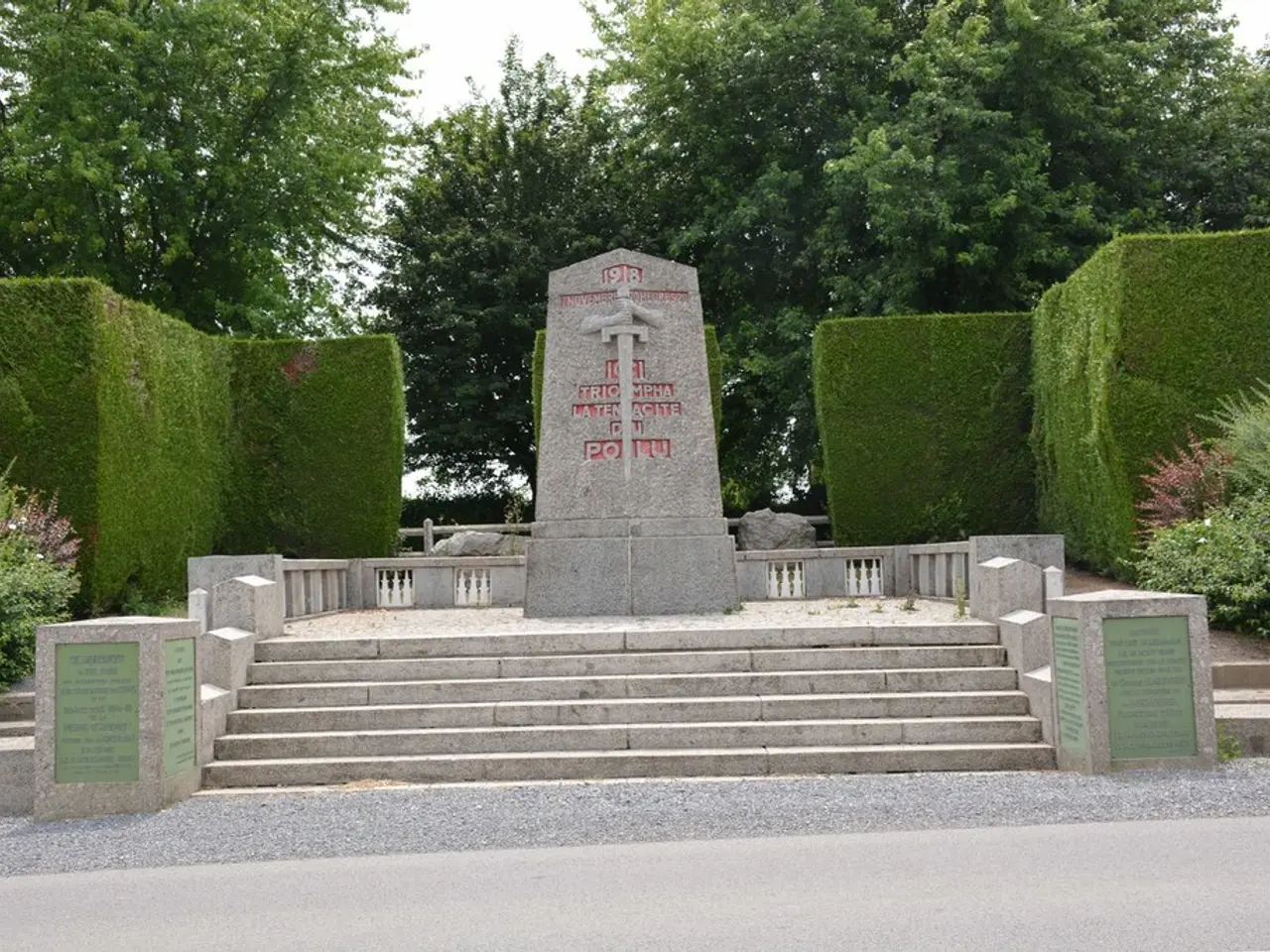U.S. arms sales to India momentarily halted amid Trump's tariff increase
India has maintained its defense relationship with the United States, despite a pause in negotiations for certain major acquisitions due to tariff-related trade tensions.
Despite reports suggesting otherwise, the Indian Ministry of Defence has officially denied any formal freeze or pause on US arms deals. Procurement processes are continuing as normal, according to the ministry [4][5]. However, talks over procuring the aircraft in a proposed $3.6 billion deal for six Boeing P-8I reconnaissance aircraft have stalled [1][2][3].
The tariffs imposed by former President Donald Trump on Indian goods strained bilateral ties to their lowest level in decades. An additional 25% tariff on Indian goods raised total US tariffs on India to 50%, among the highest of any US trading partner [6]. This tariff hike led to the stalling of negotiations for Stryker combat vehicles, Javelin anti-tank missiles, and the P-8I aircraft [1][2][3].
India's growing security partnership with the US has been viewed as a significant achievement of the first Trump administration. However, the tariff tensions and growing anti-US nationalism in India have made it politically difficult for Prime Minister Narendra Modi to fully shift away from Russia [1].
India remains actively engaged in discussions with Washington regarding the defense purchases. Despite the current situation, India does not see an immediate need for new arms from Russia [7]. Moscow has been promoting new defense technologies to India, including the S-500 surface-to-air missile system [8].
India remains open to reducing its oil imports from Russia and making purchases elsewhere, including from the US, if prices are competitive. Delhi maintains that it is being unfairly targeted in comparison to Washington and its European allies who continue to trade with Moscow when it suits their interests [9].
The broader defense partnership with the US, including intelligence sharing and joint exercises, continues smoothly despite the current procurement pause [10]. The planned visit of Defense Minister Rajnath Singh to Washington to announce some of these purchases has been cancelled [4][5].
Officials suggest that the deals can quickly restart if tariff issues and bilateral relations clarify, but progress is slower than previously expected [1][2][5]. The defense purchases could proceed once India gains clarity on tariffs and the overall direction of bilateral ties.
India, the world's second-largest arms importer, has diversified its sources for weaponry, increasingly procuring from Western countries including the US, France, and Israel [11]. Despite this, India remains unlikely to fully wean itself off Russian weaponry given the longstanding partnership and the need for Moscow's ongoing support of Indian military systems.
References: 1. Trump's tariff threats and growing anti-US nationalism in India have made it politically difficult for Prime Minister Narendra Modi to fully shift away from Russia 2. India's growing security partnership with the US has been viewed as a significant achievement of the first Trump administration 3. Delhi has rebutted Trump's claims that the US brokered a ceasefire between India and Pakistan following recent fighting 4. India has officially not paused its procurement of American weapons and aircraft despite tariff hikes imposed by former President Donald Trump 5. India officially denies reports of cancellation of Defense Minister Rajnath Singh's Washington visit 6. The tariffs imposed by President Donald Trump on Indian exports strained bilateral ties to their lowest level in decades 7. Despite the current situation, India does not see an immediate need for new arms from Russia 8. Moscow has been promoting new defense technologies to India, including the S-500 surface-to-air missile system 9. Delhi maintains that it is being unfairly targeted in comparison to Washington and its European allies who continue to trade with Moscow when it suits their interests 10. The broader defense partnership with the US, including intelligence sharing and joint exercises, continues smoothly despite the current procurement pause 11. India, the world's second-largest arms importer, has diversified its sources for weaponry, increasingly procuring from Western countries including the US, France, and Israel
The stalled negotiations for certain major acquisitions have not deterred India's continued engagement in defense discussions with the US, as apparent in the ongoing procurement processes. In the broader context of general news, the tariff tensions between the two countries have affected various aspects of their relationship, including the business of arms acquisitions.
The political complexities arising from tariff-related trade tensions have made it challenging for Prime Minister Narendra Modi to fully shift away from Russia in terms of defense purchases, despite the growing security partnership with the US. This situation, therefore, underscores the intersection of politics, business, and news in Indo-US relations.








